Marcia Langton’s plea to ignore Indigenous voice scare campaign
Marcia Langton is urging the Albanese government to endorse the voice model she co-wrote, in a bid to counter the No campaign.
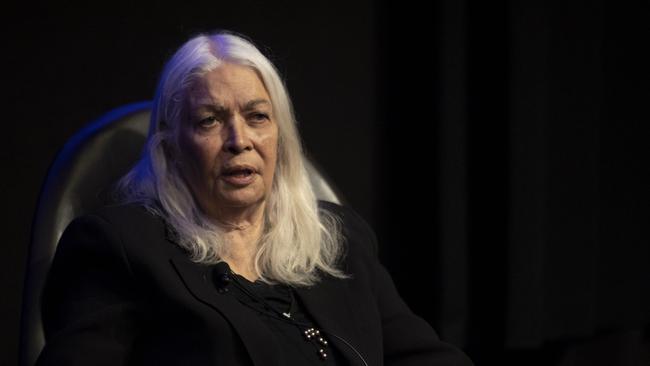
Indigenous leader Marcia Langton is urging the Albanese government to endorse the voice model she co-wrote as a means of countering the No campaign’s focus on the absence of a detailed proposal.
Labor has not formally responded to the almost 300-page voice report published by Professor Langton and Tom Calma in 2021, and Opposition Leader Peter Dutton remains highly critical that Mr Albanese has not answered his 15 questions about how the voice will work.
While the legislation to settle the design of the voice is to be debated and decided by parliament if the referendum is successful, Labor’s decision to go to a vote without proposing a fully formed model is expected to be key for No campaigners. Instead, Australians will vote on the principle of an enshrined voice.
Professor Langton on Monday called on the government to fully back the detailed voice proposal, describing it as the only available rigorously developed model for an Indigenous advisory body.
“The sensible approach for the present government is to endorse our report as the basis for post referendum parliamentary processes and public consultations,” she said.
“There are no other rigorously developed models available, only thought bubbles. I believe that most Australians will vote for the voice but voters deserve to be reassured that this government will consider our Voice CoDesign Report as a well-informed, sound basis for further legislative development of the final voice model.
“It would be tragic if the referendum were voted down because of the relentless scare campaign from people who clearly do not understand the scale of the tragedy we are addressing, and many of whom care nothing for the lives of Indigenous Australians.”
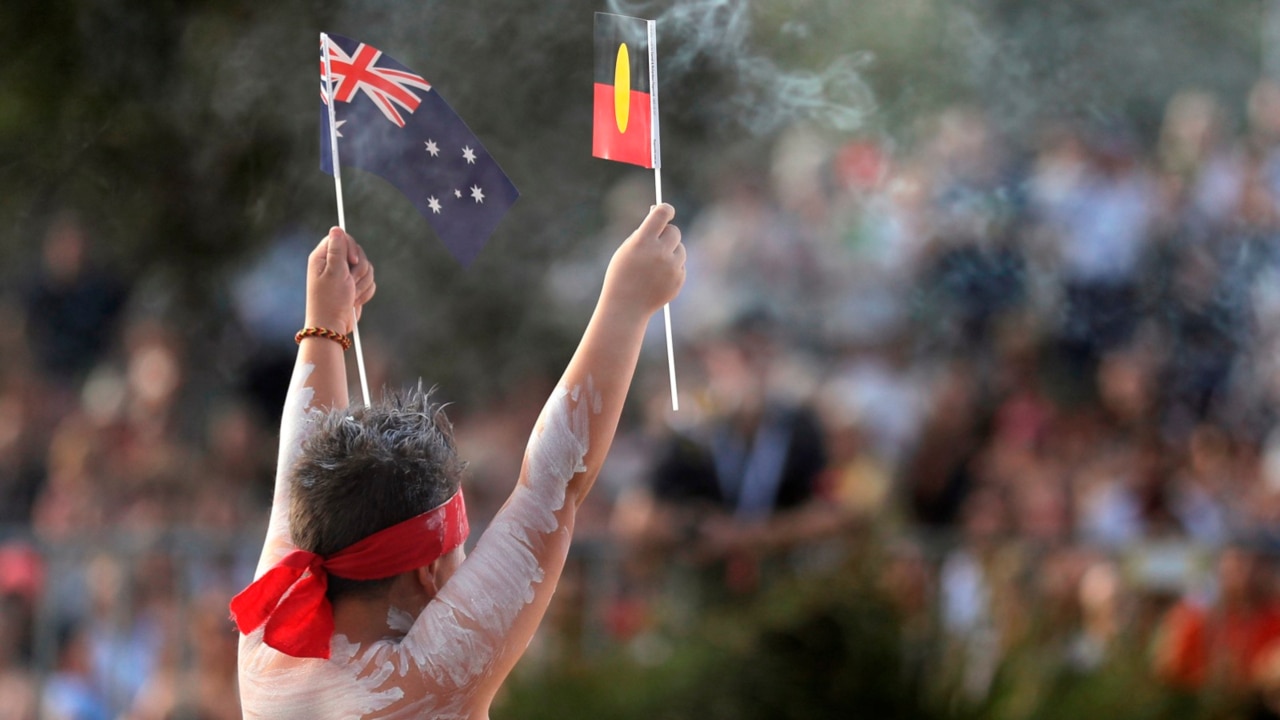
Professor Langton and 20 fellow Indigenous leaders in the government’s referendum working group are preparing to finalise their advice to Labor on the wording of the proposed constitutional amendment to enshrine the voice and the wording of the referendum question.
A last-minute suggestion from Attorney-General Mark Dreyfus to alter the proposed amendment was seen by some members as overreach and an attempt to water it down. Last Thursday Mr Dreyfus proposed the change to working group members, prompting what The Australian has been told was robust debate.
The draft amendment states in part: “The parliament shall, subject to this Constitution, have power to make laws with respect to the composition, functions, powers and procedures of the Aboriginal and Torres Strait Islander Voice.”
According to Nine media, Mr Dreyfus proposed adding the words, “and the legal effect of its representations”.
Working group member Rodney Dillon told The Australian after the meeting: “Mr Dreyfus is trying to make it more palatable to the opposition.
“He has got good intent and that’s why I’ll support him but how many times do we have to satisfy the critics, the opposition? “How much do we have to dilute the voice before it’s not worth anything?
“They are not going to agree with it so why try to satisfy them?”
Uluru Dialogue senior member and constitutional lawyer Eddie Synot was critical of the proposed change reported by Nine.
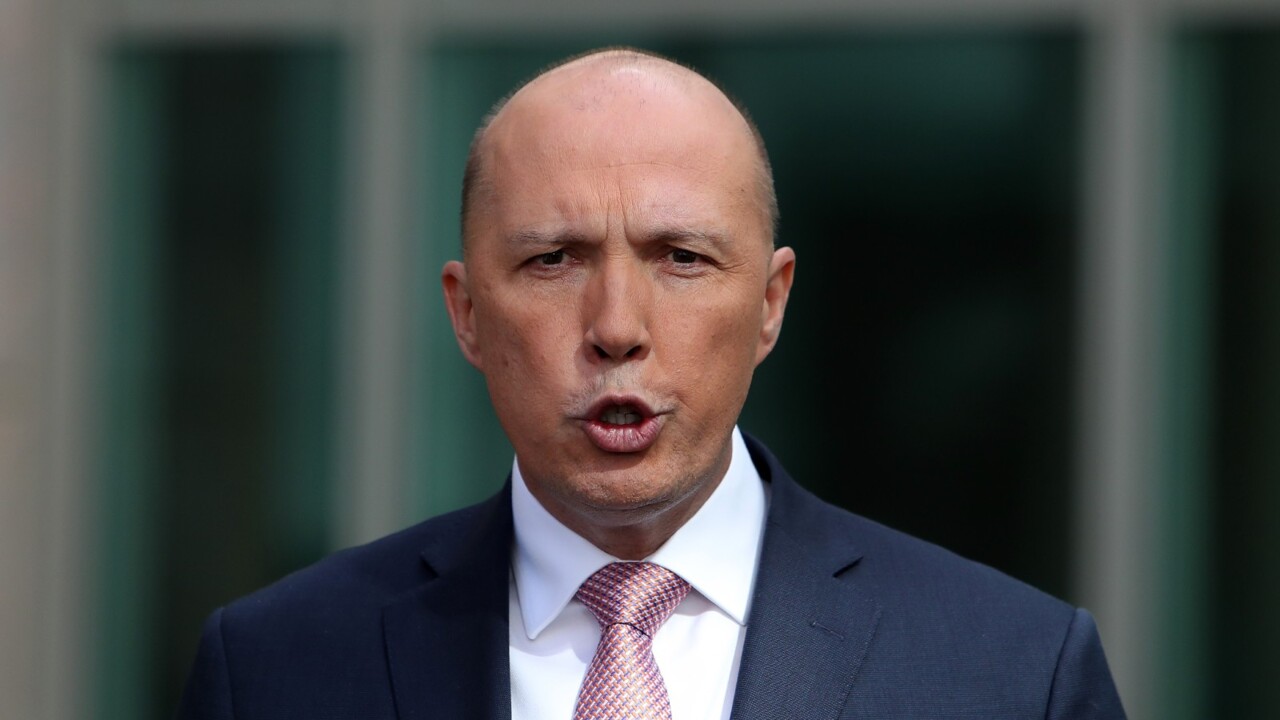
“Since when does Parliament decide legal effect? Sure they make law, but they aren’t god kings with unbridled power. Courts exist for a reason,” Mr Synot tweeted.
The working group is expected to finalise its advice in Adelaide on Thursday. While the government has commissioned the advice, The Australian has been told it does not believe it is bound by it.
Country Liberal Party president Lawson Broad confirmed on Monday that he had quit over the Northern Territory party’s decision to oppose the voice.
While CLP senator Jacinta Nampijinpa Price is a staunch opponent of the voice, the membership and parliamentary wing of the party has been divided.
Mr Broad described members’ vote against the voice as offensive to many Aboriginal people in the Territory and the population more generally.
Senator Price said she was proud to represent a party with true diversity of ideas and views and she respected the right of all members to hold different views.
Professor Langton said Mr Broad’s resignation showed the emergence of “the realpolitik of the rural and remote regions, where Aboriginal and Torres Strait Islander populations are in the majority, and suffer the worst disadvantages”.
“The No campaign is a rabble of people with very little experience in the development of policy and legislation,” she said.


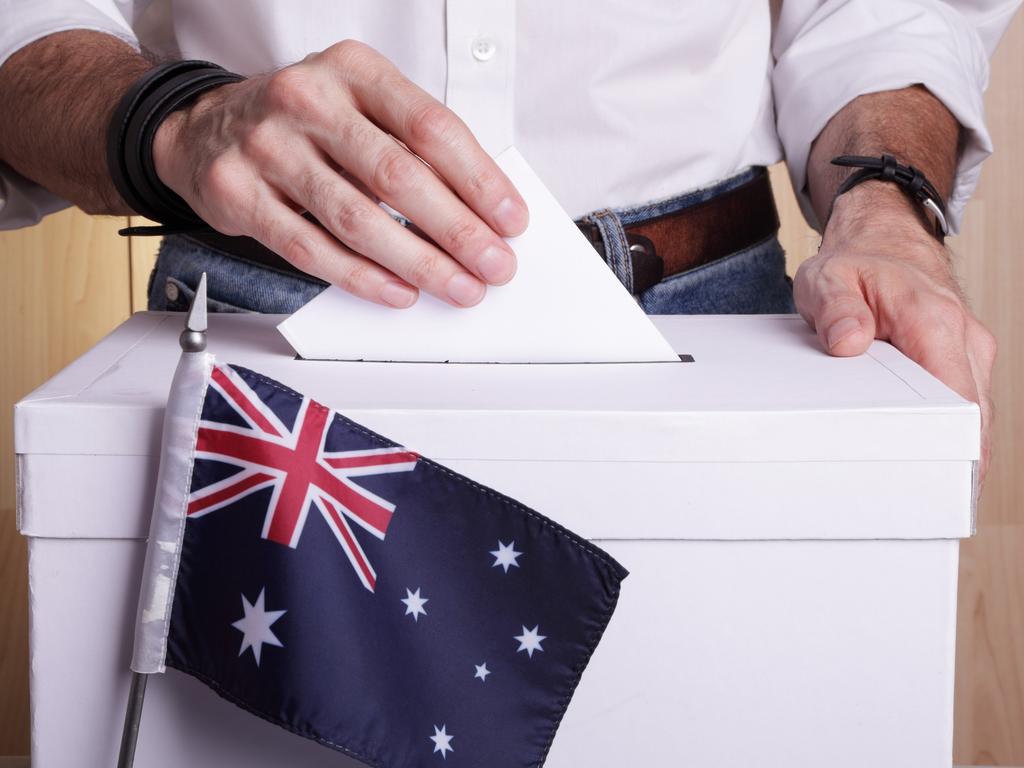
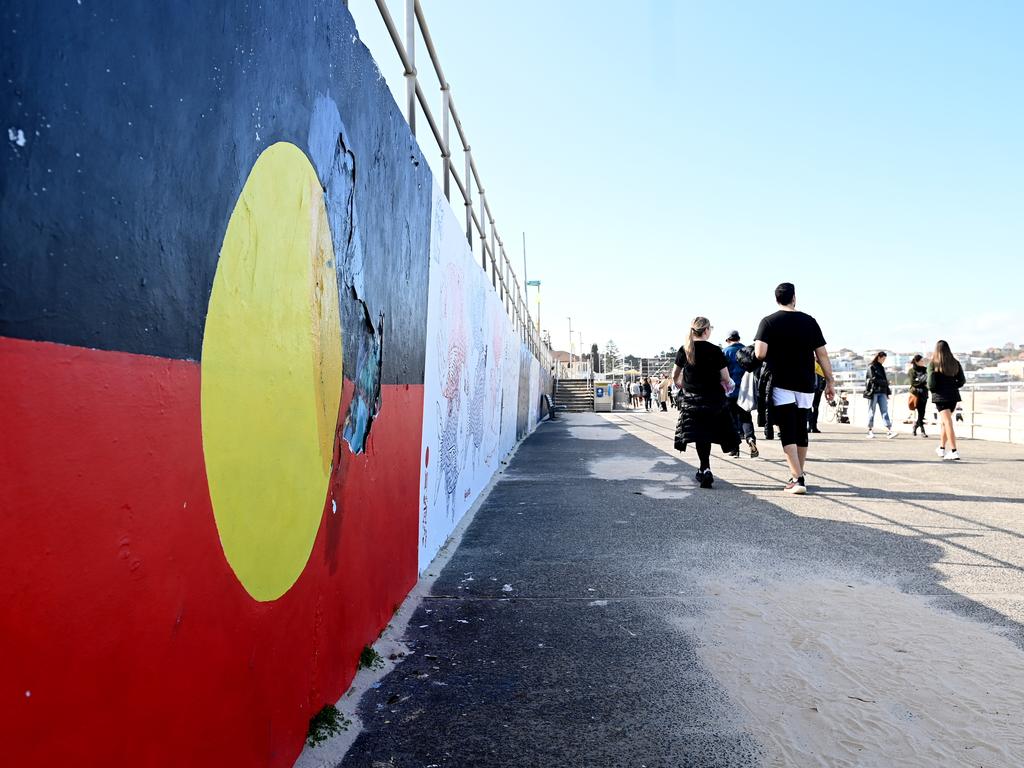
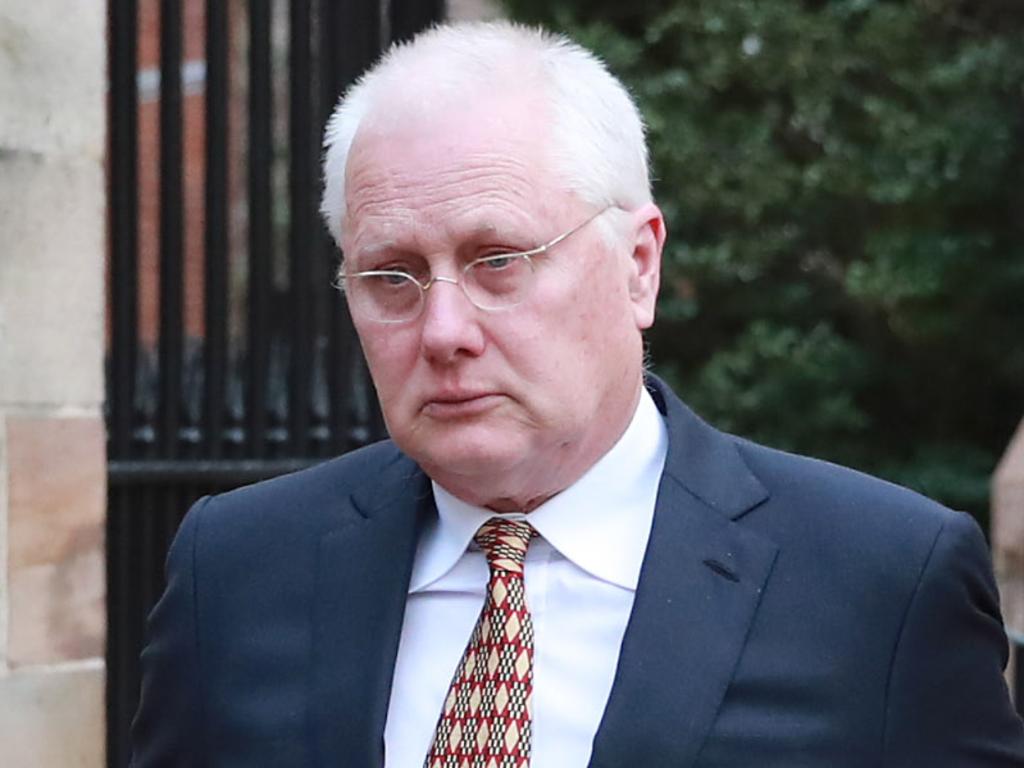
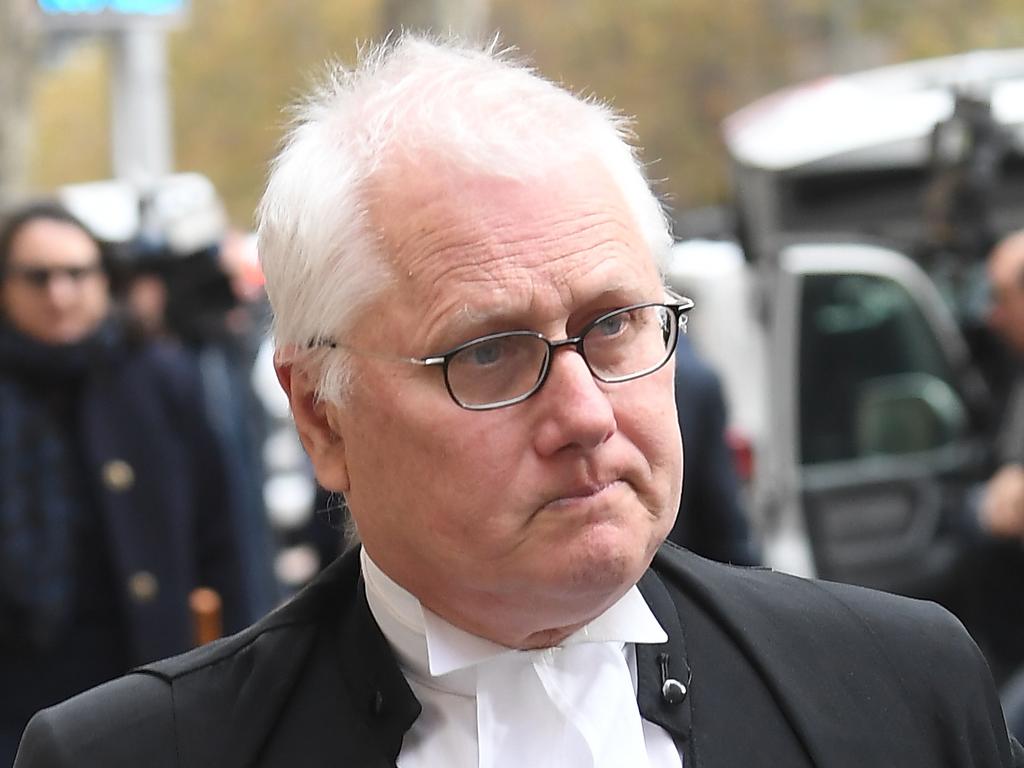

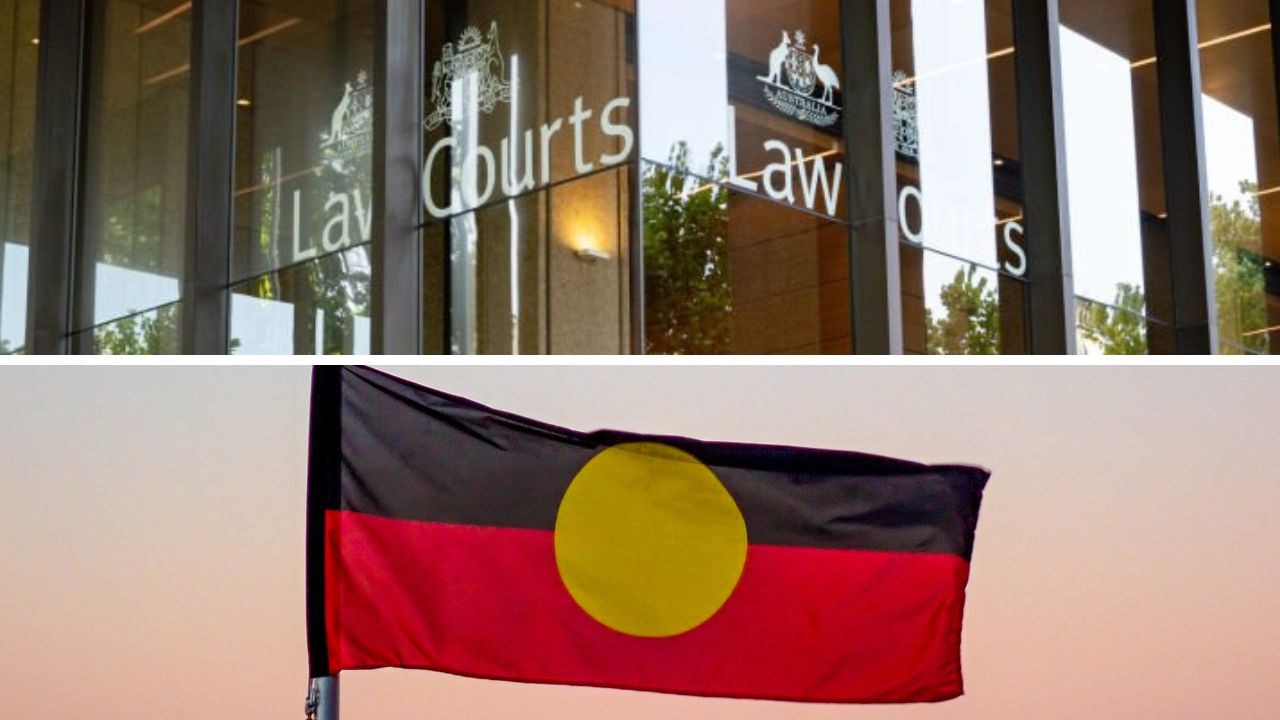
To join the conversation, please log in. Don't have an account? Register
Join the conversation, you are commenting as Logout